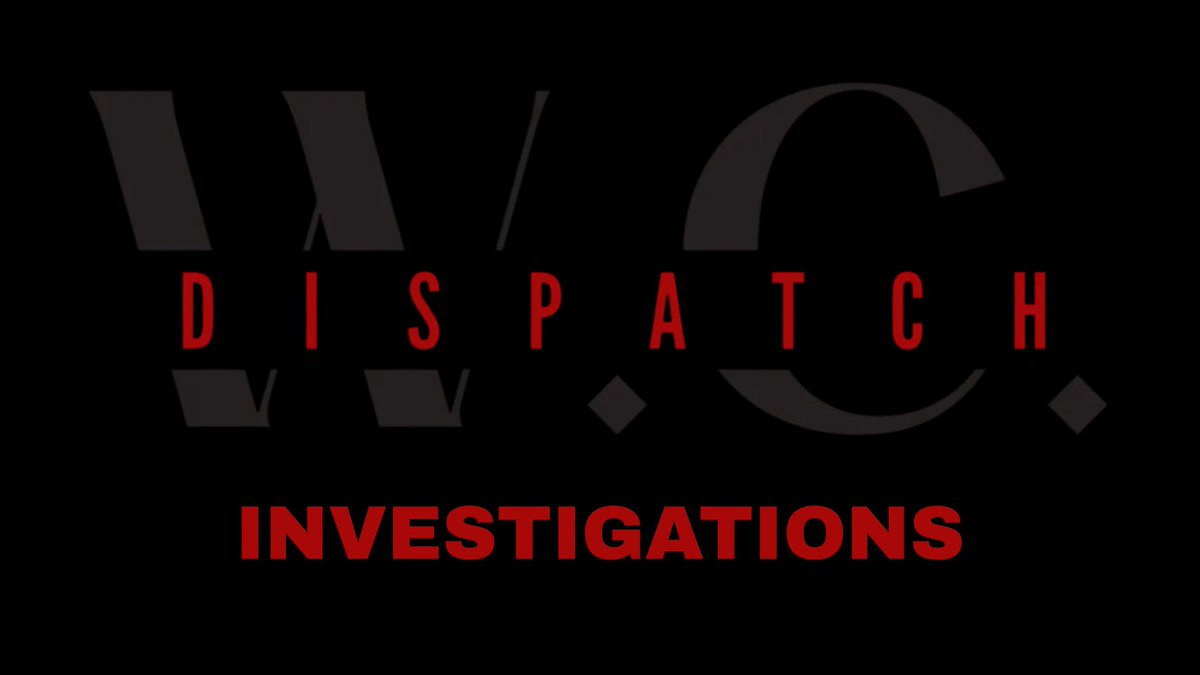“I Don’t Know What’s Happening to Me” — the Recording FCPS Didn’t Want You to Hear
Instead of letting the State Police do their job, FCPS hired a K‑Street megafirm to smear the reporting and the whistleblower while running an outside counsel‑managed “investigation”.
INVESTIGATIONS: By Walter Curt
This story isn’t complicated. A teenage girl in Fairfax County became pregnant, her guardian told the school, and days later she was bleeding and terrified—no one from the school had called, no consent was sought, and the guardian learned she was no longer pregnant only when doctors in the ER told him. FCPS insists it ran a…




